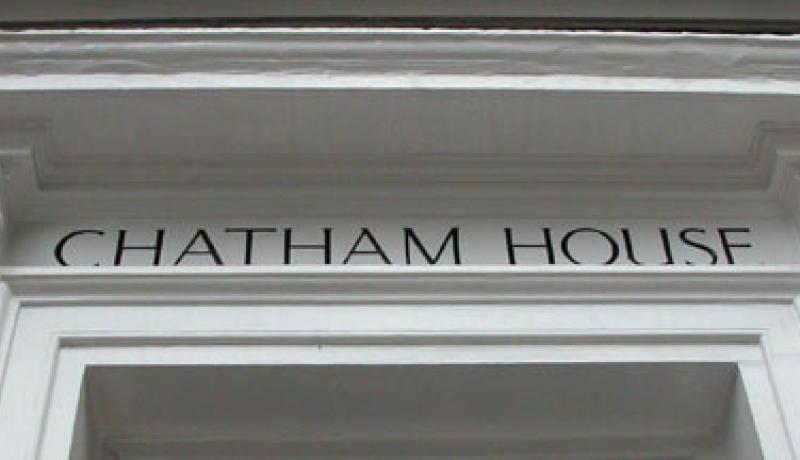Mary Robinson delivered a keynote speech at the Chatham House Climate Change Conference 2016 during which she highlighted the need for inclusive climate action that would support low carbon development in developing countries and ensure that climate policy is people-centered.
Reflecting on the fact that the Paris Agreement will enter into force in 2016 Mary Robinson said “Getting onto the safe trajectory, and staying there, is partly about finalizing rulebooks and procedural questions for COPs – these things are vitally important and must be done extremely quickly. But if you are one of the 75 million people who live about one meter above sea level, you don’t want to listen to procedural explanations about rule books. You want the international community to act before you are forced to flee from your home.”
“The 2030 Agenda for Sustainable Development calls for an approach that “reaches the furthest behind first”, and the Paris Agreement commits us to prioritising the most vulnerable countries and people. These calls should always be in our minds. They can help us to remember why 2015 mattered – not because we have yet guaranteed the future we want for people everywhere – but because we created foundations on which we now need to build.”
Addressing the universality of the issue of climate change, Mary Robinson said “.. we can show how multilateralism and respect for others is the way to solve shared problems. In a world where there is too much talk about building walls and not enough about building bridges, climate action can provide a shining beacon for how collaboration and respect work better then isolationism and aggression.”
The annual Chatham House Climate Change Conference, hosted over 10-11 October explored issues including:
- The implications of the Paris outcome for capital investment, innovation and planning in the public and private sectors;
- Dynamics within and between the major emitters and the prospects for greater near-term ambition, including potential outcomes of the 2016 US presidential election;
- The outlook for hydrocarbon prices and the implications for low-carbon policies in developed and developing countries;
- How $1 trillion of investment in clean energy can be mobilized;
- The feasibility and implications of a major effort to develop carbon sinks and negative emissions technologies.
The opening keynote addresses were delivered by Patricia Espinosa, Executive Secretary, United Nations Framework Convention on Climate Change (UNFCCC) and Laurence Tubiana, French Ambassador for Climate Change and Climate Champion following COP21.
Further Reading
Mary Robinson’s Keynote Address


